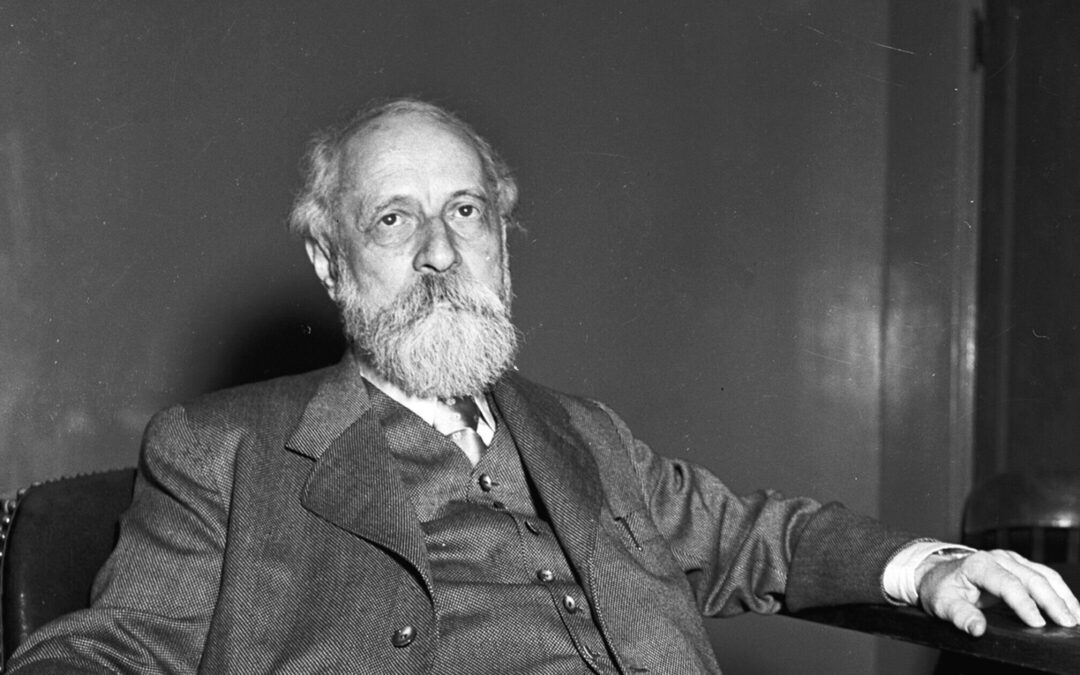
by Joel Blackstock LICSW-S MSW PIP no. 4135C-S | May 2, 2024 | Depth Psychology Approaches and Techniques, Psychology of Mystics, Gurus, and Spiritual Philosophers, Psychotherapy Biographies: Historical Figures in the History of Psychology
Who was Martin Buber Martin Buber (1878-1965) was an Austrian-born Israeli philosopher, theologian, and writer whose ideas have had a significant impact on various fields, including psychotherapy. Buber’s philosophy, particularly his concept of dialogue and the...
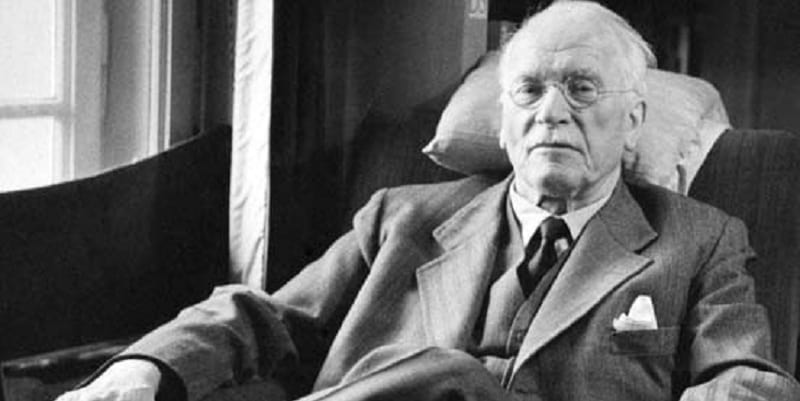
by Joel Blackstock LICSW-S MSW PIP no. 4135C-S | Apr 21, 2024 | Christian Mysticism in Therapy, Depth Psychology Approaches and Techniques, Jungian Therapy and Depth Psychology, Phenomenology and Existential Psychology
Read Part 1, Part 2, Part 3 and Part 4 Read More on Jung here: Carl Jung’s Major Influences Jungian Analysis Archetypes Jung’s Method Jungian Thought Part 1: What was Jung’s Method to Discover Reality? Jung’s Empirical Phenomenology: Uniting...

by Joel Blackstock LICSW-S MSW PIP no. 4135C-S | Apr 16, 2024 | Phenomenology and Existential Psychology, Psychology of Conspiracy Theories, Psychology of Mystics, Gurus, and Spiritual Philosophers
What is Gnosticism? Gnosticism, a multifaceted religious and philosophical movement that flourished in the early centuries of the Common Era, has captivated the minds of spiritual seekers and scholars alike. Originating in the Mediterranean region, Gnosticism derived...
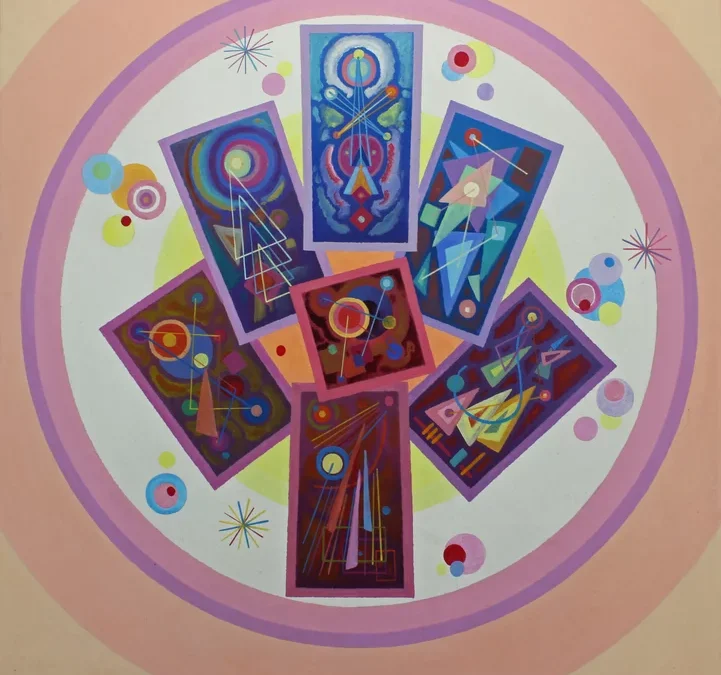
by Joel Blackstock LICSW-S MSW PIP no. 4135C-S | Apr 7, 2024 | Depth Psychology Approaches and Techniques, Psychology of Mystics, Gurus, and Spiritual Philosophers
Read Part 1 Here: https://gettherapybirmingham.com/post-therapy-spirituality-and-mysticism/ Throughout history, mystics have emerged from diverse religious backgrounds, including Christianity, Islam, Judaism, Hinduism, and Buddhism. These individuals have often...
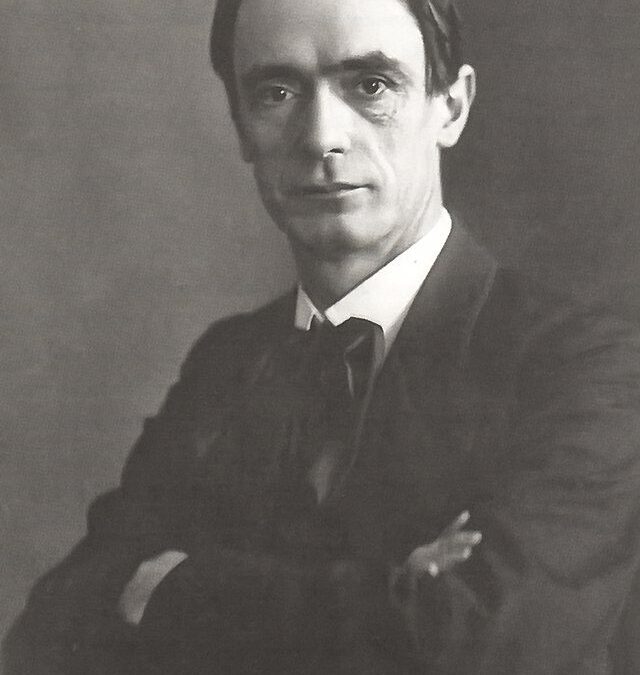
by Joel Blackstock LICSW-S MSW PIP no. 4135C-S | Apr 7, 2024 | Depth Psychology Approaches and Techniques, Psychology of Buildings and Architecture, Psychology of Mystics, Gurus, and Spiritual Philosophers, Psychotherapy Biographies: Historical Figures in the History of Psychology
“The highest knowledge is to know that we are surrounded by mystery. Neither knowledge nor hope for the future can be the pivot of our life or determine its direction. It is intended to be solely determined by our allowing ourselves to be gripped by the ethical...
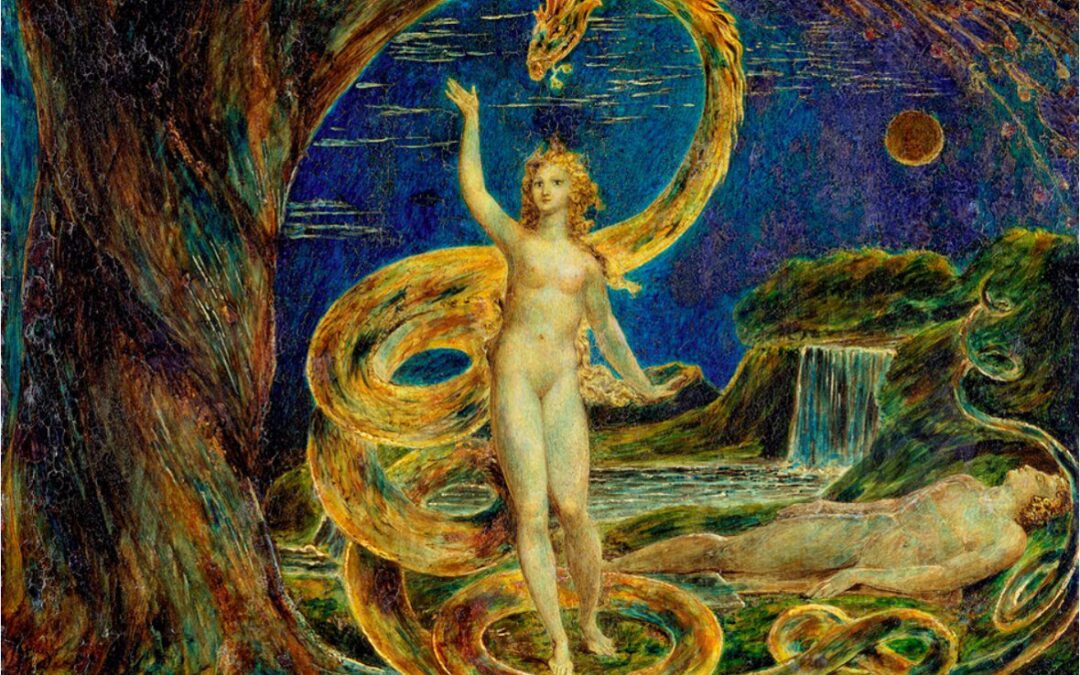
by Joel Blackstock LICSW-S MSW PIP no. 4135C-S | Apr 7, 2024 | Psychology of Buildings and Architecture, Psychology of Mystics, Gurus, and Spiritual Philosophers, Psychotherapy Biographies: Historical Figures in the History of Psychology
“To see a World in a Grain of Sand And a Heaven in a Wild Flower, Hold Infinity in the palm of your hand And Eternity in an hour.” – William Blake, Auguries of Innocence Who was William Blake? William Blake (1757-1827) was an English poet, painter,...
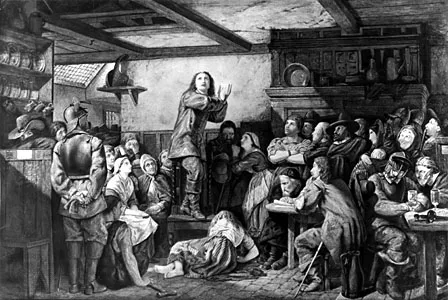
by Joel Blackstock LICSW-S MSW PIP no. 4135C-S | Apr 7, 2024 | Alternative Medicine and Holistic Health, Christian Mysticism in Therapy, Psychology of Mystics, Gurus, and Spiritual Philosophers, Spirituality and The Transcendent Function in Psychotherapy
Who was George Fox? George Fox (1624-1691), the founder of the Religious Society of Friends (Quakers), developed a form of Christian spirituality that continues to offer valuable insights for contemporary psychology and spiritual practices. This article...

by Joel Blackstock LICSW-S MSW PIP no. 4135C-S | Apr 7, 2024 | Christian Mysticism in Therapy, Depth Psychology Approaches and Techniques, Phenomenology and Existential Psychology, Psychology of Mystics, Gurus, and Spiritual Philosophers, Psychotherapy Biographies: Historical Figures in the History of Psychology
Who was Teresa of Avila? “Christ has no body now but yours, no hands but yours…” – St. Teresa of Avila Introduction: In the heated crucible of the 16th century Catholic Reformation, one woman’s spiritual genius illuminated the path of...
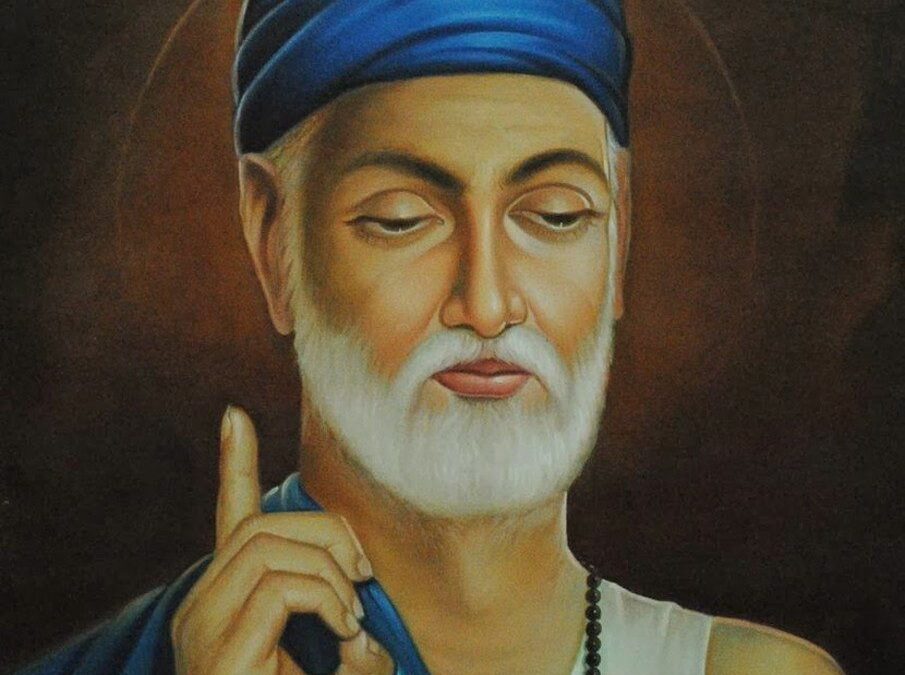
by Joel Blackstock LICSW-S MSW PIP no. 4135C-S | Apr 7, 2024 | Depth Psychology Approaches and Techniques, Phenomenology and Existential Psychology, Psychology of Mystics, Gurus, and Spiritual Philosophers, Psychotherapy Biographies: Historical Figures in the History of Psychology
“If God be within the mosque, then to whom shall I call the adhan? If Rahman be not apart, whom shall I then go to name?” – Kabir Who was Kabir? Kabir (1440-1518 CE) was a legendary mystic poet of India whose writings have deeply influenced the...

by Joel Blackstock LICSW-S MSW PIP no. 4135C-S | Apr 7, 2024 | Christian Mysticism in Therapy, Psychology of Mystics, Gurus, and Spiritual Philosophers
“If I had a friend and loved him because of the benefits which this brought me and because of getting my own way, then it would not be my friend that I loved but myself. I should love my friend on account of his own goodness and virtues and account of all that he is...











